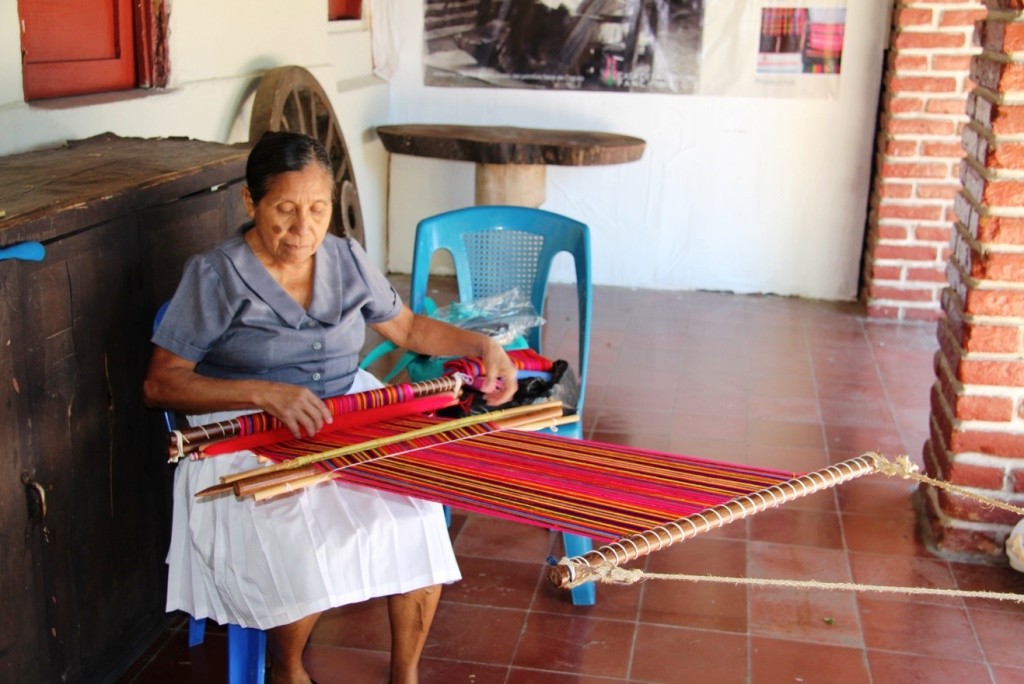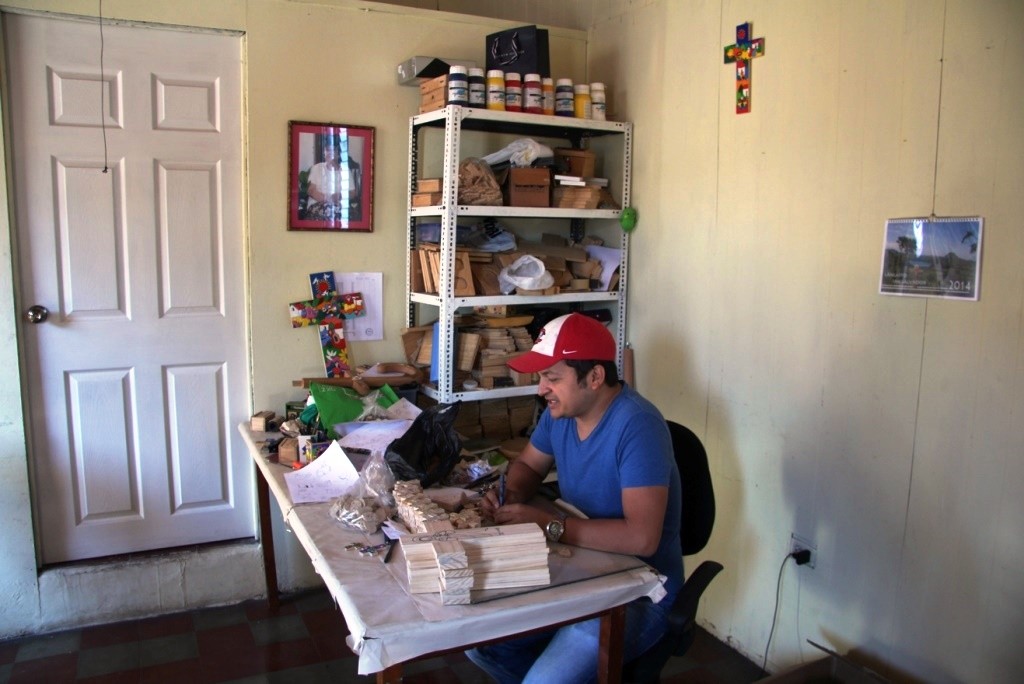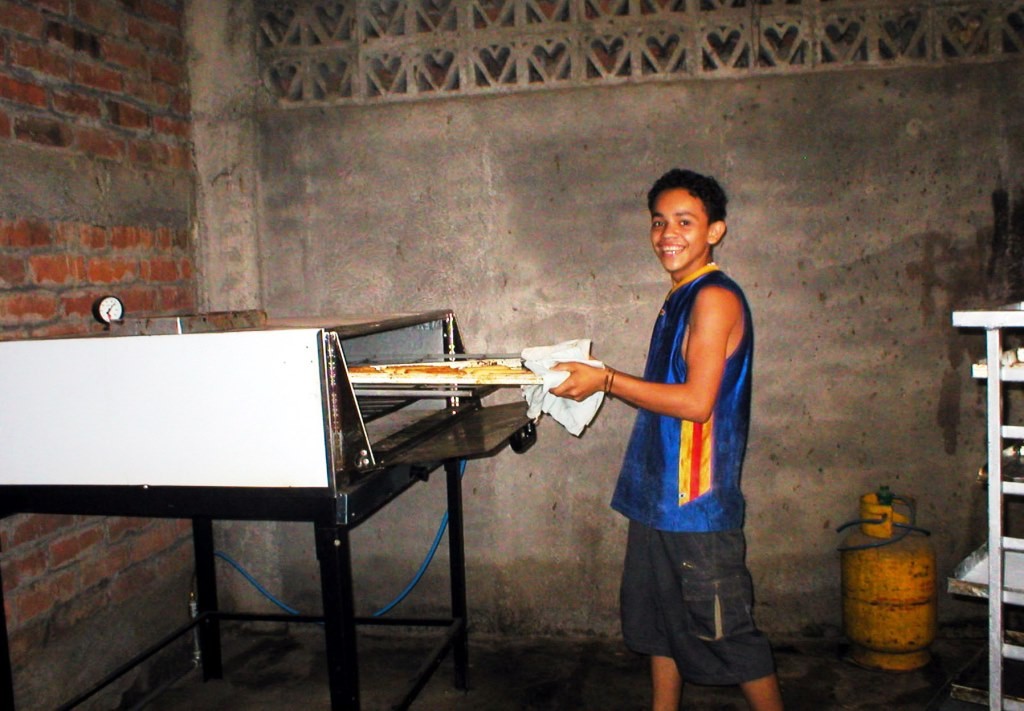“LIFE WITHOUT SOCIAL SECURITY”
One of the many questions we often ask Salvadorans we engage in conversation is the question, “Will you receive Social Security?” More often than not the answer is an unconcerned “no” with the emphasis on unconcerned. I haven’t reconciled in my own mind if the people we typically meet simply are not employed in a stable work environment that pays into the system to receive such benefits or if the system itself is insufficient to fulfill their needs.
Nevertheless, planning ahead beyond the work years financially does not seem to factor greatly into the thinking of many individuals we happen to know. “God will provide” is an answer we often hear in response to our question.
We ask our middle-aged fisherman how long he plans to continue to fish. “Forever” is his reply to our raised, skeptical eyebrows. Pulling in those heavy nets appears to be demanding physical work on the back and joints. I cringe to think that one severe injury could have catastrophic effects on both his health and career. We ask the same question to a farmer, guesthouse owner, a mason, and others; we get the same response. Retirement is simply not on the radar screen.

I watch these older guys LABOR and I mean LABOR like animals carrying on their backs heavy supplies that we in the States would use a hand dolly or wheelbarrow for and wonder how long their bodies can do this work. I watch elderly men bent over scraping bits of concrete with a 6-inch metal chisel for hours and hours to mix with a little water to make mortar for a job, and my back hurts just watching them. I watch several men work off of a tall set of scaffolding waiting for them to disassemble it to move over to the next section of ceiling. (That’s how we do it here in the States.) These guys simply pick it up and move it all intact! The point is these folks work extremely hard and have no end in sight.

Employment in El Salvador is divided between the “formal” and “informal” sectors. In an overly simplified explanation, the formal sector includes careers and jobs, such as government jobs, more likely to pay into the system for Social Security. There are far fewer jobs of this nature in the country because those jobs are competitive to get and so many of the citizens do not have the educations required to apply for them. The vast majority of the jobs are in the informal sector which include the self-employed working class and artisans. The unemployed is another huge group.
The Salvadoran culture highly values and regards a sense of community. A community extends beyond an immediate family and traditionally has addressed the needs of its members. Those needs have generally included the care of the aging.
We are hearing from older campesino community members that the young people are leaving their communities. They do not see their future fulfilled here. Instead they are moving to the cities or migrating to countries where they can find work.
The concern we have is who will care for the aging population employed by the informal work sector who will receive neither a pension nor Social Security after their bodies give out. They have worked their entire lives to put their children through school to give them a better future. Who will be there to support them? What will happen to the traditional communities once all the young people leave? Will they dissolve?

I wish I were as unconcerned as these hard-working and trusting folks whom we pose the questions to about their future.



